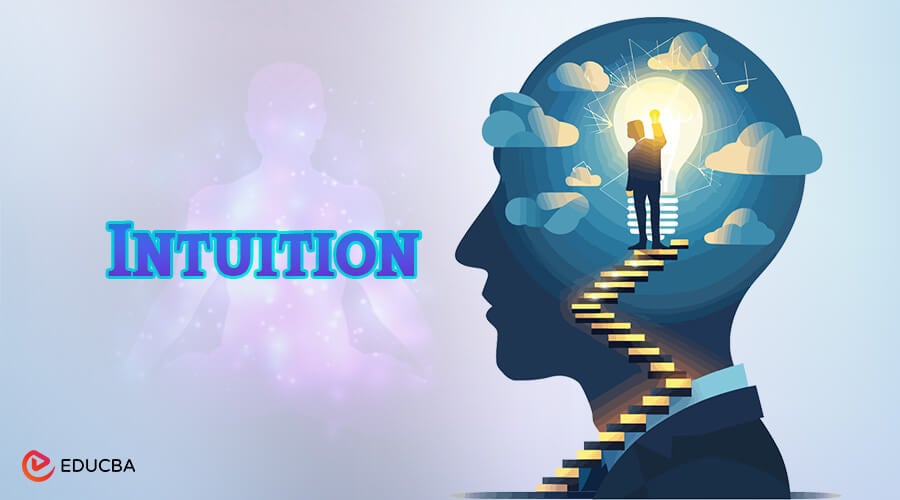In our fast-paced world, making decisions quickly and effectively has become an essential skill. Whether it’s choosing a career path, investing in a business, or navigating personal relationships, intuition often plays a larger role than most of us realize. While logic and analysis are necessary, that “gut feeling” can be the hidden compass guiding us toward the right choice. But what exactly is intuition, and how can we harness it more effectively in our daily lives?
The Science of Intuition
Intuition is frequently misunderstood as something mysterious or even irrational. In reality, it’s the brain’s ability to rapidly process information and experiences, often outside of conscious awareness. Think of it as the brain connecting dots based on patterns you’ve encountered before. This is why professionals with years of experience in a field often make quick decisions that seem instinctive—they’ve simply internalized the knowledge and can draw on it without consciously going through every step.
Research in neuroscience shows that intuitive responses come from the brain’s ability to synthesize information across regions, particularly from the subconscious. These flashes of insight can happen within seconds, often before our conscious mind has even had time to weigh the pros and cons.
When to Trust Your Gut
Intuition is especially useful in situations where time is limited or when you lack access to all the data. For example, a doctor might rely on intuition to make a fast judgment in an emergency, while an entrepreneur might sense the right time to pivot a business strategy before market data fully confirms it.
However, intuition should not replace logic. Instead, the most effective decision-making often combines both. Trusting your instincts while cross-checking with evidence and rational analysis tends to yield the best outcomes.
The Role of Emotional Intelligence
Emotional intelligence is closely linked with intuitive thinking. Being able to read subtle cues—such as tone of voice, facial expressions, and energy levels—can help us make intuitive judgments about people and situations. Leaders who develop emotional intelligence often find they’re better at sensing when to take action, when to step back, or when to pursue new opportunities.
Practical Ways to Strengthen Intuition
- Journaling: Writing down decisions and reflecting on outcomes helps identify patterns in how your intuition has guided you.
- Mindfulness Practices: Meditation and deep breathing quiet the noise of daily stress, allowing intuitive thoughts to surface more clearly.
- Body Awareness: Often, intuition communicates through the body. Paying attention to physical sensations—like tension in the chest or ease in the stomach—can reveal how you subconsciously feel about a choice.
- Experience and Repetition: The more exposure you have to different scenarios in your field, the sharper your intuitive responses will become.
A Broader Perspective
Throughout history, many cultures have viewed intuition as a bridge between the seen and unseen. Some interpret it as an inner wisdom that connects us with knowledge beyond our immediate environment. This is where the idea of a psychic perspective enters the conversation. While not everyone subscribes to such interpretations, the popularity of psychic readings demonstrates the human desire to access hidden insight. For some, these experiences reinforce the value of tuning into intuition as a guiding force.
Balancing Intuition with Rationality
It’s important to recognize that intuition is not infallible. Biases, emotions, and stress can distort our gut feelings, leading us astray. That’s why developing self-awareness is crucial. By recognizing the influence of emotions and external pressures, we can better evaluate when our instincts are trustworthy and when they might be clouded.
In business, for example, relying solely on data may overlook subtle cues that numbers can’t capture. Yet depending only on intuition risks costly mistakes. Striking a balance between the two approaches allows for more holistic decision-making.
Real-World Applications
- Career Choices: People often describe knowing when a job “feels right” even before they’ve completed the interview process.
- Relationships: A gut instinct about whether someone can be trusted is often grounded in subtle behavioral patterns your subconscious has picked up on.
- Investments: Experienced investors sometimes move ahead of the market, guided by an intuitive understanding developed over years of observation.
The Takeaway
Intuition is more than a fleeting feeling—it’s a form of intelligence shaped by experience, subconscious processing, and emotional awareness. By learning to cultivate and refine it, we can improve our ability to make timely, well-rounded decisions. Whether you interpret intuition as subconscious wisdom or a deeper energetic connection, one thing is certain: tuning into it can provide valuable direction in both personal and professional life.


